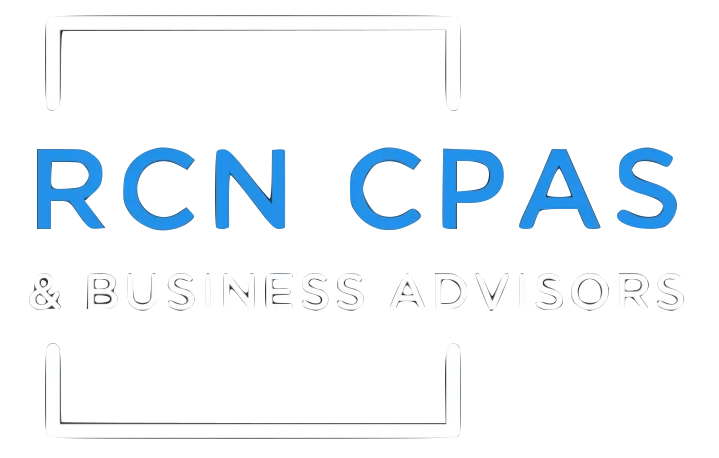Understanding the Differences Between State and Federal Tax Requirements for Small Businesses
Operating a small business can be both rewarding and challenging, especially when it comes to navigating the complex world of taxes. Tax requirements are a crucial aspect of business operations, and understanding the differences between state and federal tax obligations is essential for small business owners.
There are key distinctions between state and federal tax requirements, knowing the difference will help you stay compliant and make informed financial decisions.
State Tax Requirements
State tax requirements for small businesses vary widely based on your location and the nature of your business. Here are some important factors to consider:
- State Income Tax: Most states impose an income tax on businesses, calculated based on the net income of the business. Rates and thresholds vary, so it’s important to know the tax rates specific to your state.
- Sales Tax: If your business sells products or services subject to sales tax, you need to obtain a sales tax permit from your state’s revenue agency. Collecting and remitting sales tax accurately is crucial to avoid penalties.
- State Payroll Taxes: If you have employees, you may need to withhold state income taxes from their paychecks. Additionally, some states have their own unemployment insurance and disability insurance requirements.
- Business Entity Taxes: Certain states impose taxes on specific business structures like LLCs or S corporations. These taxes are often flat fees paid annually.
- Franchise Taxes: Some states levy franchise taxes on businesses, which are typically unrelated to your business’s profitability. These taxes are often based on your business’s net worth or the number of shares issued.
Federal Tax Requirements
Federal tax requirements are applicable to all businesses operating in the United States, regardless of location. Here’s an overview of federal tax obligations:
- Federal Income Tax: All businesses must report their income to the Internal Revenue Service (IRS) and pay federal income tax on their net profits. The tax rate varies based on your business structure.
- Self-Employment Tax: If you’re a sole proprietor, partner, or LLC member, you’ll need to pay self-employment tax, which covers Social Security and Medicare taxes for self-employed individuals.
- Employment Taxes: If you have employees, you’ll need to withhold federal income tax, Social Security tax, and Medicare tax from their wages. Additionally, the employer must pay a matching share of Social Security and Medicare taxes.
- Federal Excise Taxes: Businesses involved in specific activities such as manufacturing, transportation, or alcohol production may be subject to federal excise taxes.
- Estimated Quarterly Taxes: Businesses that expect to owe at least $1,000 in federal taxes must make estimated quarterly tax payments to the IRS to avoid underpayment penalties.
Key Differences
- Jurisdiction: The most fundamental difference is that state taxes are regulated by individual state governments, while federal taxes are overseen by the federal government.
- Variability: State tax regulations vary widely, meaning requirements can differ significantly from one state to another. Federal tax regulations apply consistently across the country.
- Complexity: State taxes can sometimes be more complex due to the variability and nuances between states. Federal tax rules, while intricate, are consistent and standardized.
- Interplay: State and federal taxes can interact in various ways. Some deductions on federal returns might not be applicable to state returns, and vice versa.
By understanding the key differences between these two levels of taxation, you can ensure compliance, minimize risks, and make informed financial decisions.
Consulting with tax professionals or accountants with expertise in small business taxation can provide you with the guidance needed to navigate these complexities effectively. Schedule a discovery session with one of our experts. Remember, staying informed and proactive is crucial for the long-term success of your small business.





